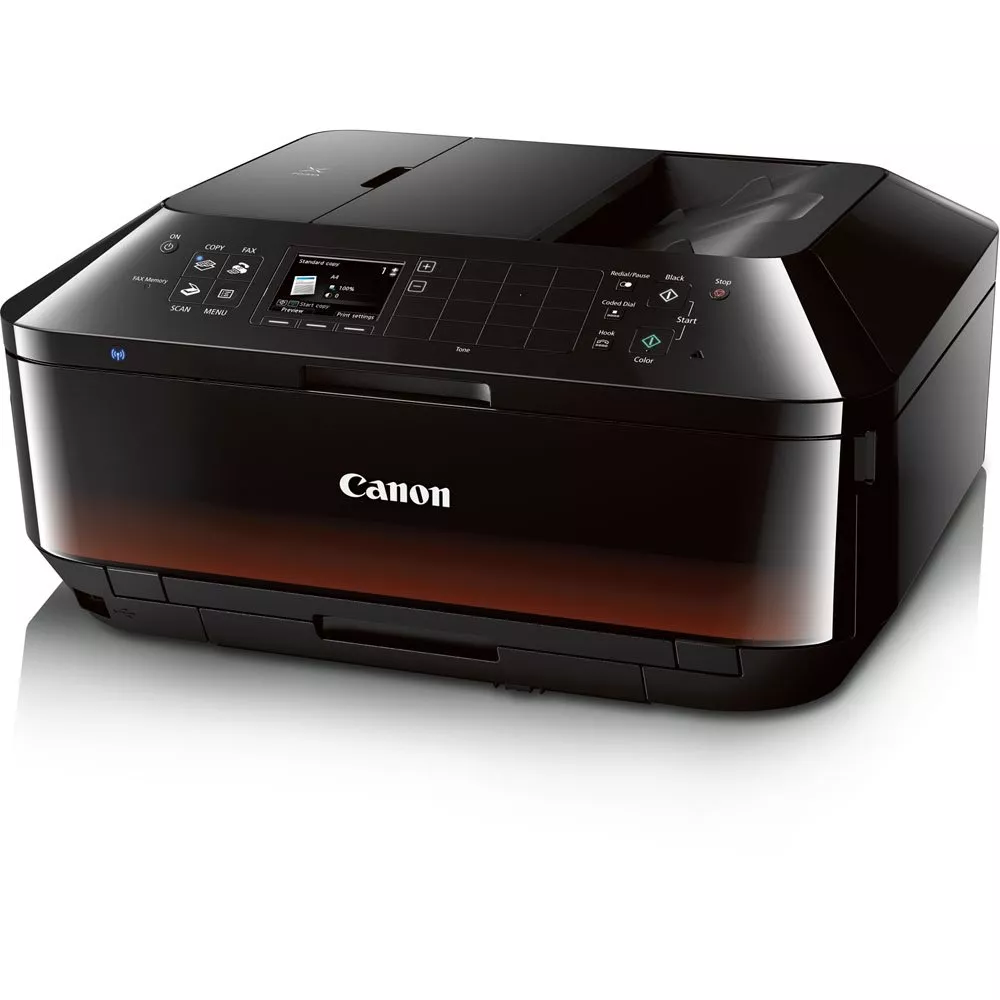In the ever-evolving landscape of technology, printer manufacturers frequently update their product lines to keep pace with consumer demands and advancements in printing technology. HP Inc., a leader in the printing industry, is no exception. As part of their strategy to streamline operations and focus on innovative solutions, HP has announced the discontinuation of several printer models. This article delves into the specifics of which HP printers are being discontinued, the implications for consumers, and what alternatives are available.
Understanding the Discontinuation of HP Printers
Discontinuation of printer models can be attributed to various factors, including technological advancements, shifts in consumer preferences, and the need to reduce production costs. As HP continues to innovate, older models may no longer meet the performance or efficiency standards that consumers expect. This transition can be challenging for users who rely on specific models for their printing needs.
Key Models Being Discontinued
While HP has not publicly listed every model set for discontinuation, several notable series have been identified. These include:
- HP LaserJet Pro Series: Certain models within this series, particularly older versions, are being phased out. Users of the LaserJet Pro MFP M227fdw and M203dw should be aware that support and replacement parts may become limited.
- HP DeskJet Series: The DeskJet series, known for its affordability and versatility, has seen several models discontinued. The DeskJet 3700 series, for instance, is being replaced by newer models that offer enhanced features and better connectivity options.
- HP Envy Series: The Envy series, popular among home users for its sleek design and multifunction capabilities, is also undergoing changes. Some older models, such as the Envy 5540, are being phased out in favor of newer iterations that provide improved print quality and mobile printing capabilities.
- HP OfficeJet Series: The OfficeJet line, which caters to small businesses and home offices, has seen the discontinuation of several models, including the OfficeJet 250 and OfficeJet Pro 6978. These models are being replaced by newer versions that offer faster printing speeds and enhanced security features.
Implications for Consumers
The discontinuation of these models can have several implications for consumers:
- Limited Support: As HP phases out certain models, users may find it increasingly difficult to obtain technical support, replacement parts, or consumables such as ink cartridges.
- Transition to New Models: Consumers may need to transition to newer models that offer improved features. While this can be beneficial in terms of performance, it may also require an adjustment period as users familiarize themselves with new functionalities.
- Environmental Considerations: The discontinuation of older models raises questions about electronic waste and sustainability. Consumers should consider recycling options for their old printers and look for eco-friendly models that minimize environmental impact.
Alternatives to Discontinued Models
For those affected by the discontinuation of their HP printers, several alternatives are available:
- HP LaserJet Pro MFP M428fdw: This model offers advanced security features, faster printing speeds, and enhanced productivity tools, making it an excellent replacement for older LaserJet models.
- HP DeskJet Plus 4155: A versatile all-in-one printer that supports mobile printing and scanning, this model is ideal for home users looking for a budget-friendly option.
- HP Envy Inspire 7955e: This model combines high-quality photo printing with efficient document handling, making it a suitable upgrade for users of the older Envy series.
- HP OfficeJet Pro 9015e: Designed for small businesses, this printer offers robust performance, advanced security features, and seamless integration with cloud services.
Conclusion
As HP continues to innovate and refine its product offerings, the discontinuation of certain printer models is an expected part of the process. While this transition may pose challenges for some users, it also presents an opportunity to explore newer, more efficient models that align with current technological advancements. By staying informed about which HP printers are being discontinued and understanding the available alternatives, consumers can make informed decisions that best suit their printing needs.

